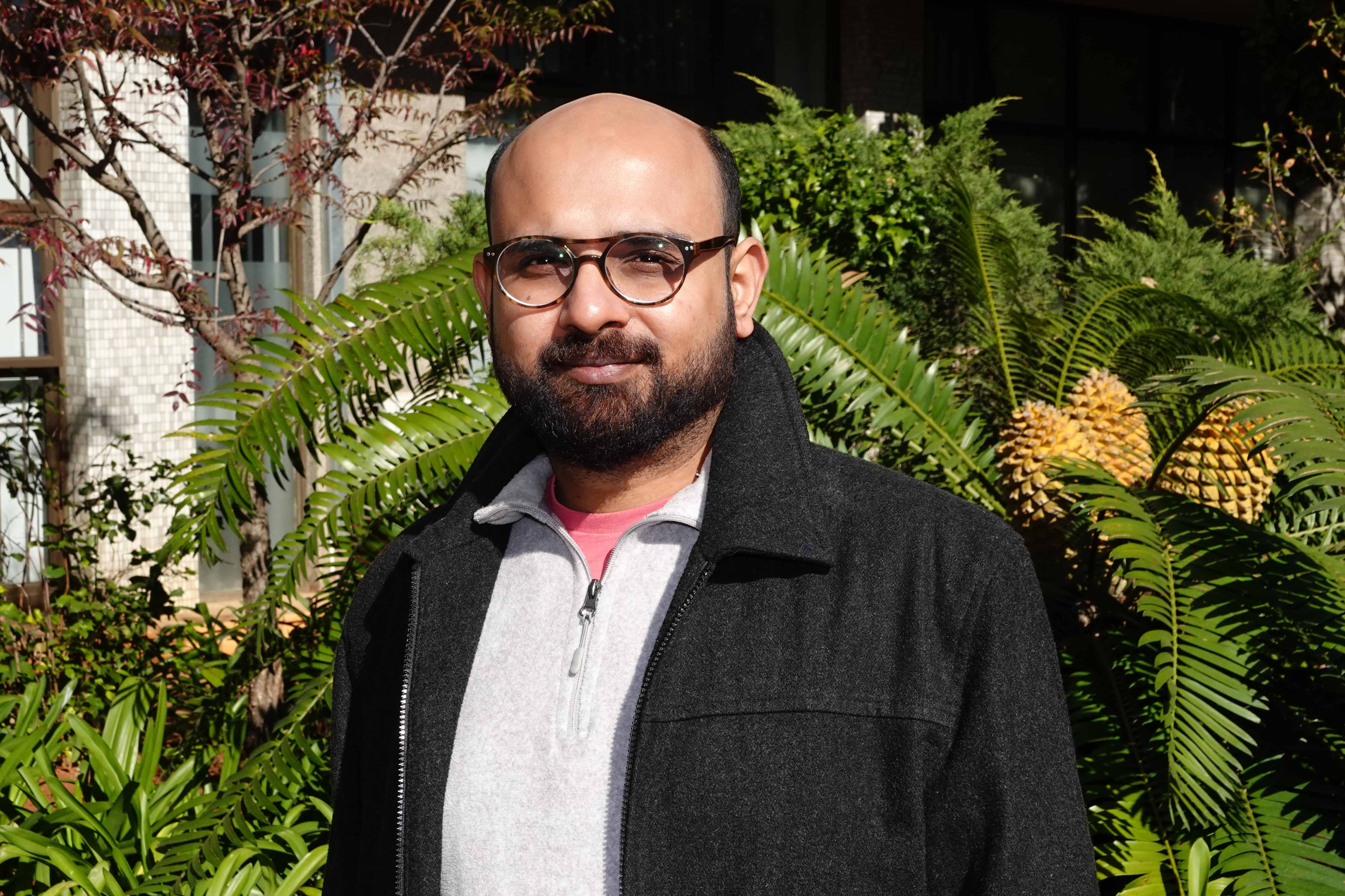Continuous replanting could impact future productivity in short-rotation forestry 2023-06-13
The continuous cultivation of the same or related plant species on a particular plot of land has a negative impact on soil health and leads to the build-up of harmful microorganisms, ultimately resulting in plant death. This phenomenon has been extensively studied for problems such as apple replant disease and take-all disease in wheat. Agricultural practices like crop rotation and intercropping are commonly employed to alleviate these problems. In the case of short-rotation plantation forestry, where the same or similar tree species are repeatedly planted on the same land, there is a lack of conclusive evidence regarding the effects of this practice on soil health. To bridge this knowledge gap, Dr Tanay Bose and a team of FABI researchers including Proff Bernard Slippers, Almuth Hammerbacher, Jolanda Roux, and Mike Wingfield have reviewed the topic in the journal Current Forestry Reports. In their study, they analysed existing data on soil microbiomes from short-rotation forestry environments worldwide. Analyses of previous studies provide evidence that harmful microorganisms, depletion of beneficial microorganisms, and deterioration of the physical and chemical properties of soil can result from continuous replanting, typical of some short-rotation forestry systems. Building on these findings and drawing from similar approaches in agriculture, the team proposes practical solutions to mitigate this potential problem. Furthermore, they emphasize an urgent need for l research to better understand the impact of continuous replanting soils as is common in short-rotation forestry systems.
For more please see: Bose T, Hammerbacher A, Slippers B, Roux J, Wingfield MJ (2023) Continuous replanting could degrade soil health in short-rotation plantation forestry. Current Forestry Reports. https://doi.org/10.1007/s40725-023-00188-z


